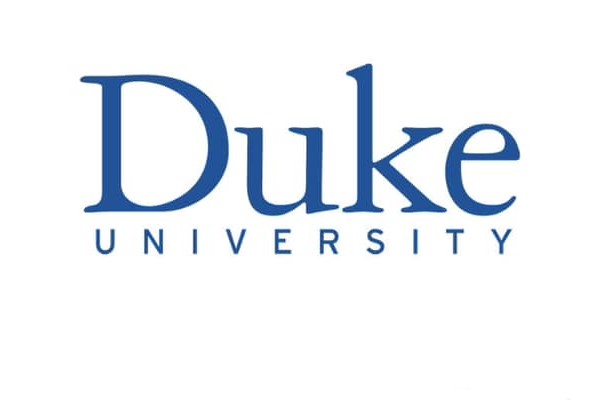If you’re not a Duke Blue Devils fan, your preferences might change with the new program the university is implementing in North and South Carolina. This fall, Duke University will provide full tuition grants for undergrads admitted to college from the Carolinas whose family incomes are $150,000 or less making it easier for Columbus County students to attend the major educational institution.
For current Duke students who live in either N.C. or S.C. and who have with family incomes of $65,000 or less, the school will provide full tuition grants and financial assistance for housing, meals and some course materials or other campus expenses, without the need for student loans.
“This additional financial support for undergraduates reflects Duke’s commitment to our students from the Carolinas,” President Vincent Price said. “By providing even more equitable access to a Duke education, and ensuring students have the resources they need to truly thrive while here at Duke, we will also make our campus community stronger.”
All current undergraduates from the Carolinas who qualify will be eligible for the additional assistance starting in the fall of 2023. Qualifying first-year students, sophomores, juniors and seniors will receive financial aid statements by July 1 that reflect the new assistance program. Even students from military families who meet the income requirements and whose legal residence is in the Carolinas will also qualify, even if they are stationed elsewhere.
“We want to make it easier for families to choose Duke,” said Gary Bennett, dean of Trinity College of Arts and Sciences “Attending college can expand a family’s opportunities for generations, and we aim to make the Duke experience as widely accessible as we can.”
Approximately 80 percent of Duke’s undergraduate students are sent from Trinity College.
The university has more undergraduates from its home state of N.C. any other state in the country. In the last academic year, 1,131 N.C. residents from 65 counties were enrolled as undergraduates, representing 16 percent of the undergraduate student body. More than half attended public high schools. About 160 of those attendees were from S.C.
“This is our home, and it’s where we have our most longstanding commitment,” Price said. “We want families in the Carolinas to know that a Duke education can be affordable, and that we will provide support and resources so all students who are admitted to Duke can have an exceptional college experience.”
Expansion of financial support will be funded through university resources, and it is expected to increase grant assistance to students by about $2 million for the next academic year. The program will allow undergraduates to attend the major university where they may not have been able to afford tuition before.
“We know that students with greater financial constraints are more likely to choose colleges that are closer to their homes, and that many of those students will also choose to stay closer to home after they graduate,” Bennett said. “Retaining talent is critical to our region’s success. Duke’s commitment to these students is also a commitment to the North and South Carolina communities they call home.”
Duke expects to enroll more eligible students from the Carolinas over the next five years and anticipates investing an additional $6 million to $7 million per year to provide the increased assistance.
The new program adds to Duke’s array of financial and structural support for students, including more than $130 million each year in financial aid grant assistance, and the Duke LIFE program to support first-generation and lower-income students. The school is committed to providing qualifying students the financial resources that help them get to the college, as well as additional programming and resources to support them throughout their academic career. More information about LIFE can be found at https://dukelife.duke.edu/.
The university also offers two programs specifically for students from the Carolinas. The Trinity scholarships and the Benjamin N. Duke Memorial Scholars are merit programs. Visit https://ousf.duke.edu/merit-scholarships/merit–scholarships-incoming-first-year-students/ to learn about these scholarships.
If you or your undergrad are interested in any of financial assistance programs at Duke University, check out the eligibility requirements at financialaid.duke.edu.







